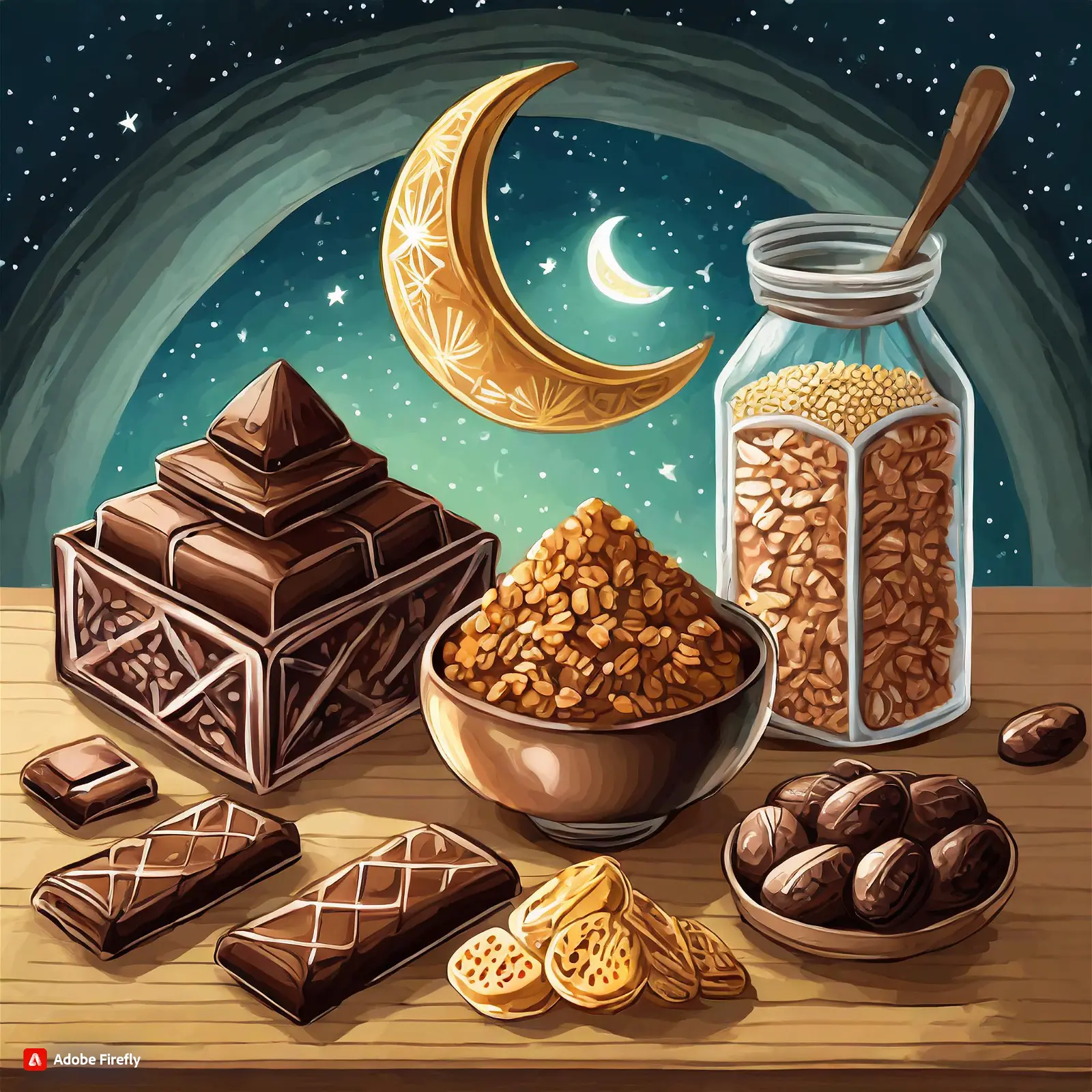Muslims all throughout the world fast from sunrise to sunset during the holy month of Ramadan as a form of worship and introspection.
It’s crucial to keep a balanced diet during a fast and stay away from foods that could harm your health or interfere with your spiritual experience.
Ten foods should be avoided throughout Ramadan, along with the explanations for their exclusion:
Sweetened beverages and sugar-filled sodas
Sweetened beverages and sugary sodas are empty calories that can cause blood sugar levels to jump and then plummet, leaving those on a fast feeling drained and exhausted.
Choose hydrated substitutes instead, such as water, herbal teas, or sugar-free, natural fruit juices.
Zesty and vigorously prepared food sources can bother the stomach and compound stomach related issues, particularly when eaten in huge amounts during fasting hours.
These food varieties may likewise cause inconvenience and indigestion, making it trying to focus on petitions and otherworldly exercises. Decide on milder flavors and spices to enhance dishes without overpowering the sense of taste.
Extreme caffeine
Polishing off exorbitant caffeine, like espresso, tea, or caffeinated drinks, can prompt parchedness and disturb rest designs, especially when drunk during Suhoor (pre-day break dinner).
While moderate caffeine admission is OK, it’s crucial for offset it with sufficient hydration and select decaffeinated choices whenever the situation allows.
High-sugar pastries and desserts
Enjoying high-sugar pastries and desserts can cause glucose spikes followed by crashes, prompting desires and energy changes over the course of the day.
These sweet treats offer minimal wholesome benefit and can add to weight gain and dental issues. Pick better pastry choices like new natural products, yogurt, or normal sugars with some restraint.
Weighty and velvety soups
Cream-based soups and weighty stocks are wealthy in calories and may cause bulging and uneasiness, particularly when consumed in enormous amounts.
During Ramadan, all things considered, choose lighter, stock based soups with a lot of vegetables and lean protein for a feeding and fulfilling dinner.
High-sodium food varieties
High-sodium food varieties, like handled meats, pungent tidbits, and canned soups, can prompt water maintenance and raised pulse, presenting wellbeing gambles, particularly for people with hypertension or kidney issues.
Restricting sodium consumption during Ramadan keeps up with appropriate hydration and by and large prosperity.
Refined starches
Refined carbs, including white bread, cakes, and sweet bites, miss the mark on supplements and fiber, causing quick spikes in glucose levels and ensuing accidents.
These food varieties give transient energy yet leave fasting people feeling eager and exhausted. Pick entire grains and complex starches for supported energy and satiety.
Excessively zesty or pungent food sources
Devouring excessively hot or pungent food varieties can prompt thirst, lack of hydration, and distress, especially when matched with fasting.
These food sources may likewise aggravate the stomach covering and cause stomach related upset. Settle on gentle, even dinners that help hydration and stomach related wellbeing during Ramadan.
Being aware of the food varieties to eat during Ramadan assumes a critical part in keeping up with actual wellbeing, otherworldly prosperity, and generally imperativeness.
By staying away from these ten food sources and pursuing better decisions, fasting people can enhance their fasting experience, advance generally speaking health, and fortify their profound association during this consecrated month of love and reflection.






